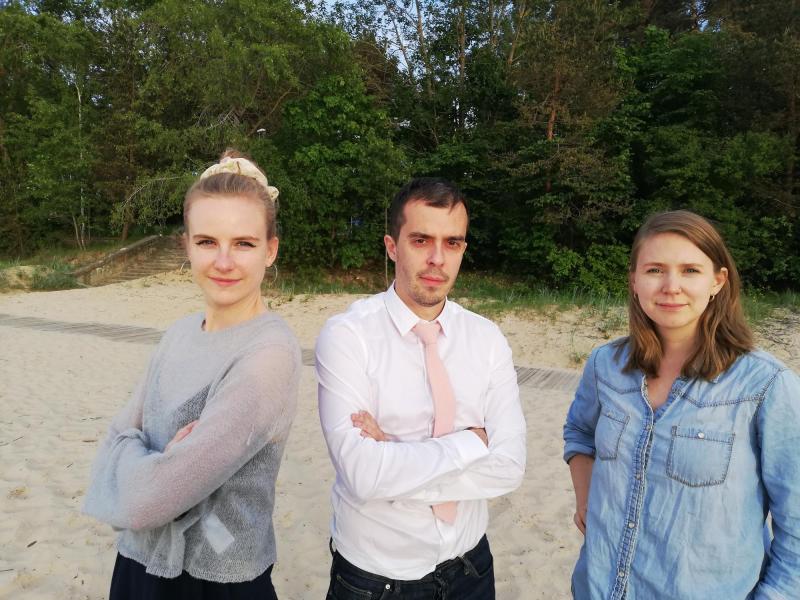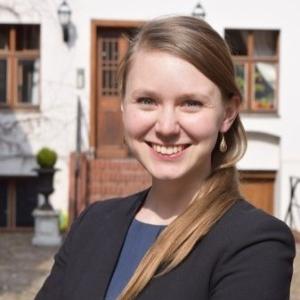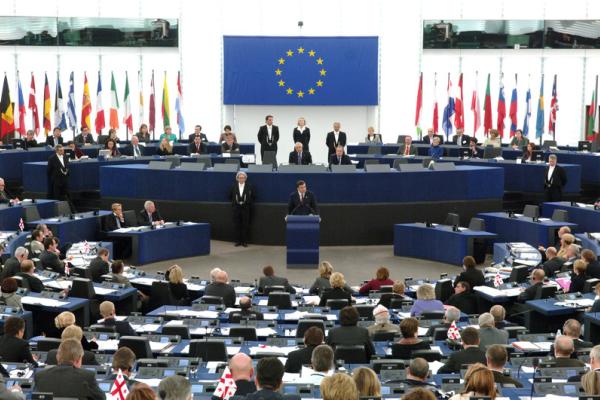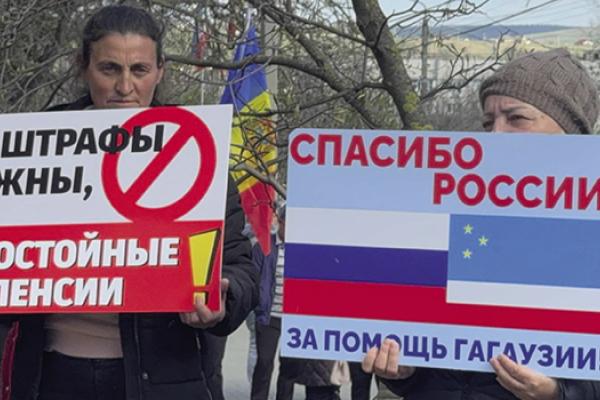In the series of articles published in Finnish, Danish and English, the team discussed the strategies employed in disinformation campaigns related to the EU elections. In Finland, Anna Saraste uncovered professional propagandists related to the Kremlin, who acted as a sort of "truth activists" online.
Her Danish colleague, Anne Sofie Hoffmann Schrøder, profiled the Lithuanian grassroots activist group "the Elves." In her article, Hoffmann Schrøder describes a movement of IT professionals, journalists, and students who have taken on searching for and exposing trolls online. She also interviewed cybersecurity experts and activists in Denmark, Lithuania, and Latvia, raising awareness about the most common kinds of misinformation that spread across Europe before the elections.
Russian journalist, Roman Dobrokhotov, explored how populism became a formidable force in European politics. In his opinion article for Al Jazeera, Dobrokhotov explains that in many European countries, various parties and political actors have received or have been willing to receive financial support from Russia. Russia has also managed to launch and maintain large-scale disinformation campaigns on social media at a relatively low cost and has succeeded in capturing the attention of a significant number of European social media users.





